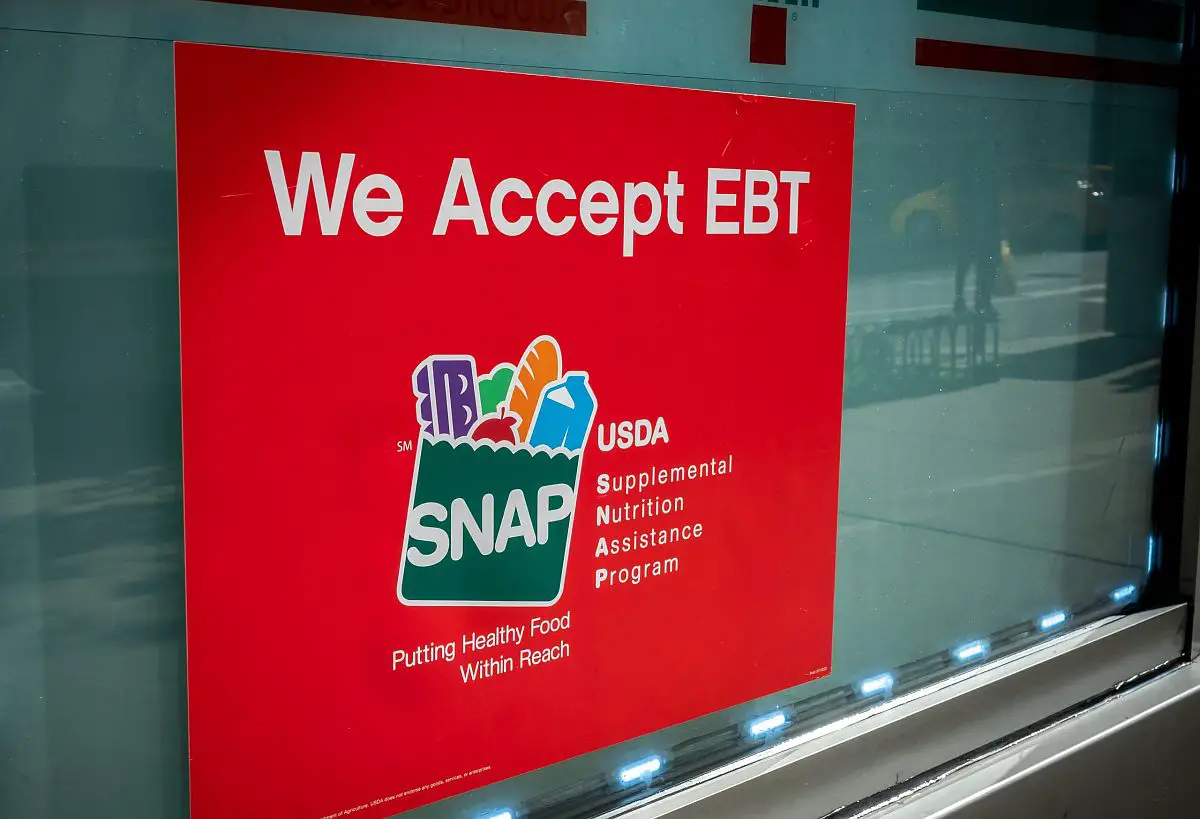For years, politicians and some media outlets have insisted that illegal aliens do not receive food stamps. They point to the rule that undocumented immigrants are not eligible for the Supplemental Nutrition Assistance Program (SNAP). On paper, that is true. But federal data shows that non-citizens do collect food stamps in significant numbers, and a new eligibility change proves the government knows it.
Illegal Aliens Are on SNAP in Large Numbers
Federal SNAP data shows that non-citizens are a measurable part of the program.
- At least 1.7 million non-citizens are receiving SNAP benefits (Source)
- USDA data shows that about 10.6 percent of all SNAP recipients are foreign-born, and 3.3 percent are non-citizens who are not naturalized
SNAP serves more than 41 million people per month. Even a few percentage points translates into millions of taxpayer dollars. Defenders of the current system often say undocumented immigrants cannot collect food stamps. Technically, that is correct on paper, but it’s not true in practical terms.
If a household has a U.S.-born child, that child can qualify the household for SNAP. Benefits issued for the child feed the entire household. This is how many mixed-status households legally receive SNAP. In that regard, having a single child citizen (anchor baby) provides many welfare benefits to entire families of illegal or undocumented immigrants.
The statement that illegal immigrants do not receive SNAP is merely a talking point based on the letter of the law, but the reality is that benefits can still support households that include people who are not citizens.
New Rule Will Remove 90,000 Non-Citizens From SNAP
A new federal rule tightening SNAP eligibility confirms how widespread non-citizen participation has become. Under the new law, certain non-citizen categories will no longer qualify.
- About 90,000 non-citizens will lose SNAP under the rule change (Source)
Many are in temporary legal categories such as humanitarian parole or refugee status. But the change proves something important: The government would not be removing 90,000 non-citizens from SNAP if non-citizens were not receiving SNAP in significant numbers.
The narrative that only citizens receive SNAP has never lined up with the numbers. The next steps should involve paring down the program significantly.
Why It Matters
SNAP exists to help low-income Americans feed their families, for what is intended to be temporary help. Citizens who work, pay taxes, and contribute to the system expect the safety net to put them first. Yet while grocery prices hit record highs, more than a million non-citizens have been receiving taxpayer-funded food assistance. This further drives up the cost of groceries and household goods for working families.
The new rule shows that lawmakers know the program has drifted away from its original mission. Tightening eligibility is an acknowledgment that SNAP needs to be refocused on Americans who are struggling and block any access to assistance programs for anyone who is not a citizen or naturalized citizen.
Bottom Line
It is not true that only citizens receive food stamps. In truth, the number is likely far larger than the admitted 1.7 million illegals receiving SNAP benefits. Blue states, like California and New York, work to obscure these stats and play accounting games to enroll as many as possible, regardless of citizenship status.
Non-citizens, including recent arrivals, are on SNAP in measurable numbers. A new rule will remove about 90,000 non-citizens, proving the issue is real and large enough that the federal government had to step in. This is a small start to a systemic problem that hasn’t been fully investigated.
Democrats have been lying to conceal this fact, but the truth is out in the open.
